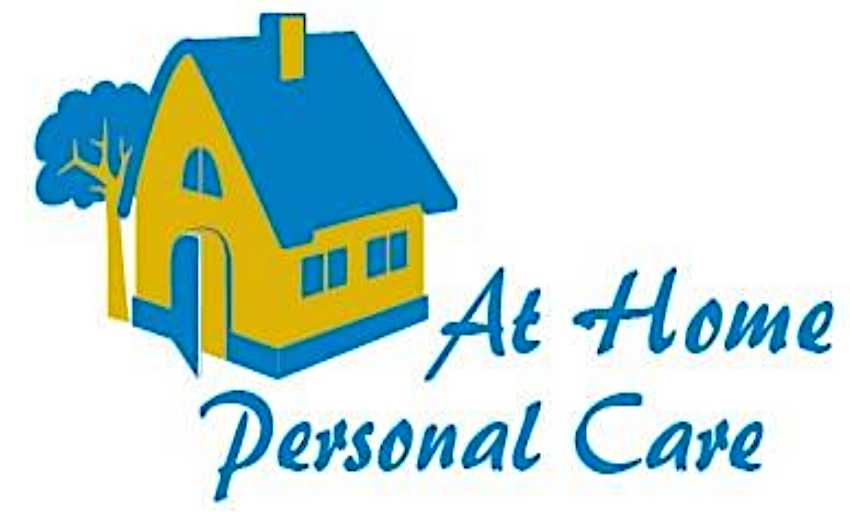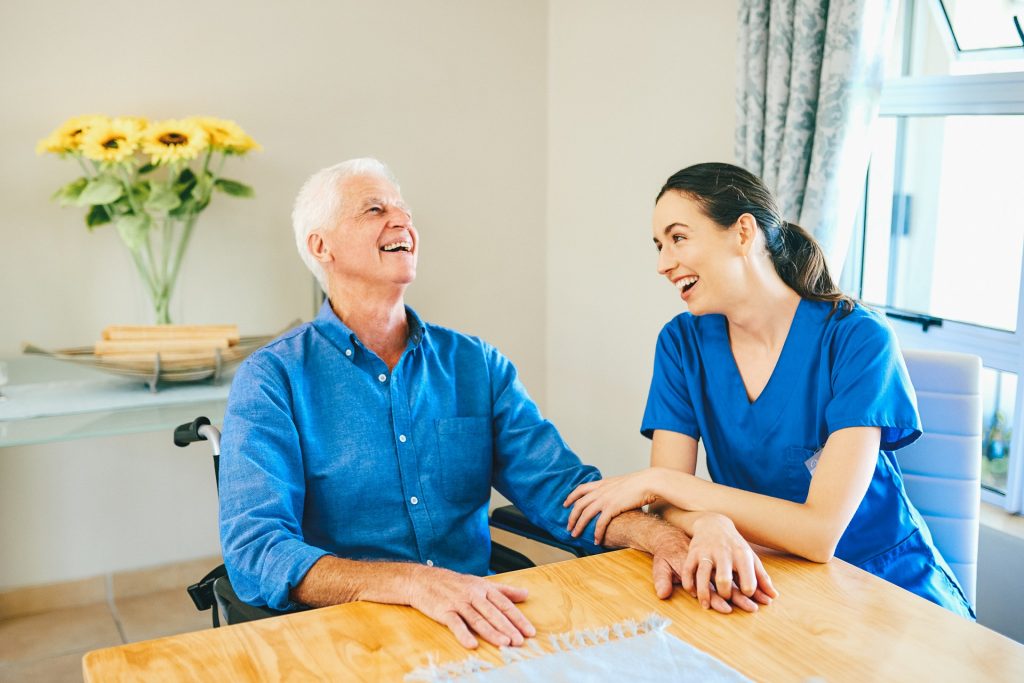Should Your Elderly Loved One Be in the Hospital?
Hospitals provide wonderful care for acute medical problems such as a heart attack, stroke, or necessary surgery. But for the chronic issues faced by many elderly people, the hospital may not be the best care option. As people age, they often develop multiple chronic issues such as Alzheimer’s or dementia, arthritis, diabetes, and loss of mobility. If your senior loved one suffers from these or other similar ailments, in-home care provides a better way to manage health conditions without turning to the hospital as the first line of defense.
Hospitals Can Be Dangerous
Hospitals are designed to provide treatment for serious illnesses, and they are great at what they do. However, the nature of the hospital environment also means that germs are prevalent and the likelihood of contracting a contagious illness is increased. For frail elderly people with weak immune systems, hospitals can be extremely dangerous.
When a loved one experiences a health setback, the first reflex may be to call an ambulance or rush to the emergency room. But what if there was another option? Emerging data in the medical field points to home-based medical care for seniors as a more effective way to address many of the chronic ailments that accompany aging.
Benefits of Home-Based Primary Care
Most seniors would rather stay home than enter a care facility or endure a hospital stay, and the benefits of home care are numerous:
- Familiar surroundings
- Lower care costs
- Personal daily interaction with a caregiver
- Greater independence
- Faster recovery from illness
In addition to senior preferences and relief of financial burdens for families, in-home care options also reduce the amount of medical spending required by Medicare and Medicaid. For these reasons, some medical providers advocate a home-based primary care, opens in new tab model that would keep seniors out of the hospital for treatment as often as possible. In this model, a team of care providers including doctors, nurses, social workers, and therapists would oversee patient care and provide intervention as needed. Patients suffering from mobility problems, depression, symptoms of chronic illness, and other similar ailments could receive the care they need while avoiding a trip to the hospital.
While this model is still relatively rare, it isn’t new. The Veteran’s Administration, opens in new tab has been successfully providing home-based primary care since the 1970s, and other similar programs operate out of several medical facilities across the nation. When given the option, most seniors choose to remain home, and most families would rather see their loved ones in familiar surroundings than in a hospital bed or nursing home facility. With home-based primary care, that option becomes more realistic for a larger number of patients.
End of Life Care Isn’t Just About Treatment
When a person becomes chronically ill, it is easy to treat symptoms without addressing the underlying cause. Elderly people who enter the hospital often receive many varied treatments in an effort to address signs of aging, and often these treatments can be worse than the illness itself. If end-of-life care can be managed at home, many of these patients could avoid a hospital stay, choosing instead to remain in a more comfortable environment with lower risk of contracting a contagious disease.Proponents of home-based primary care are hopeful that the alternative model will catch on in more medical environments. Demand for current providers is growing rapidly, and with changes to an already overtaxed health care system, patients will likely receive better, more personal care from an in-home provider than they would in a hospital. As families consider options for the care of their elderly loved ones, in-home care is a choice that should be given serious consideration for as long as possible.
At Home Personal Care Is Here To Help You!
Whether you or your loved one needs help with personal care, supportive services, companionship or more, we are here to help! Just call At Home Personal Care today at (214) 540-4940 to get started!

